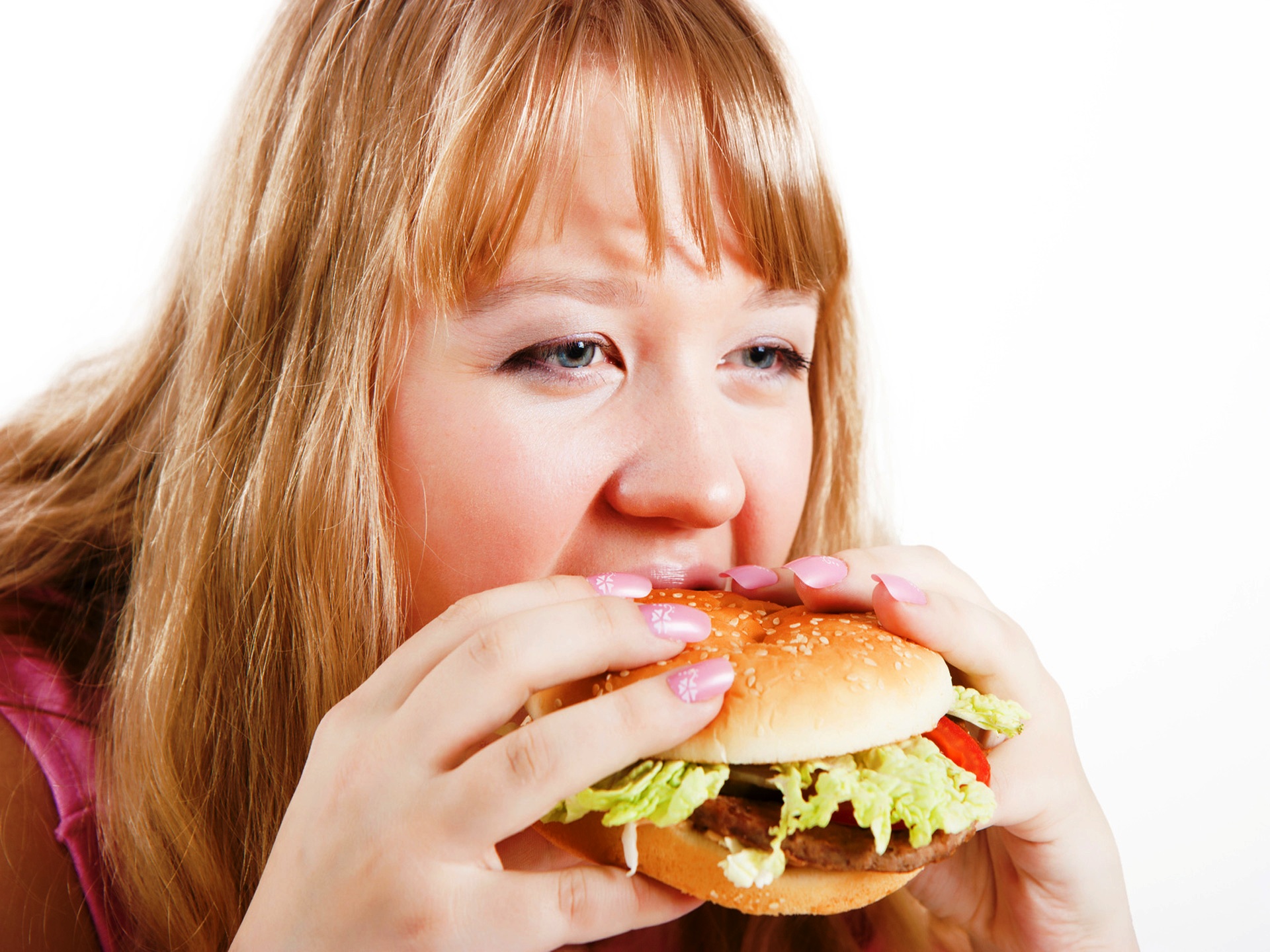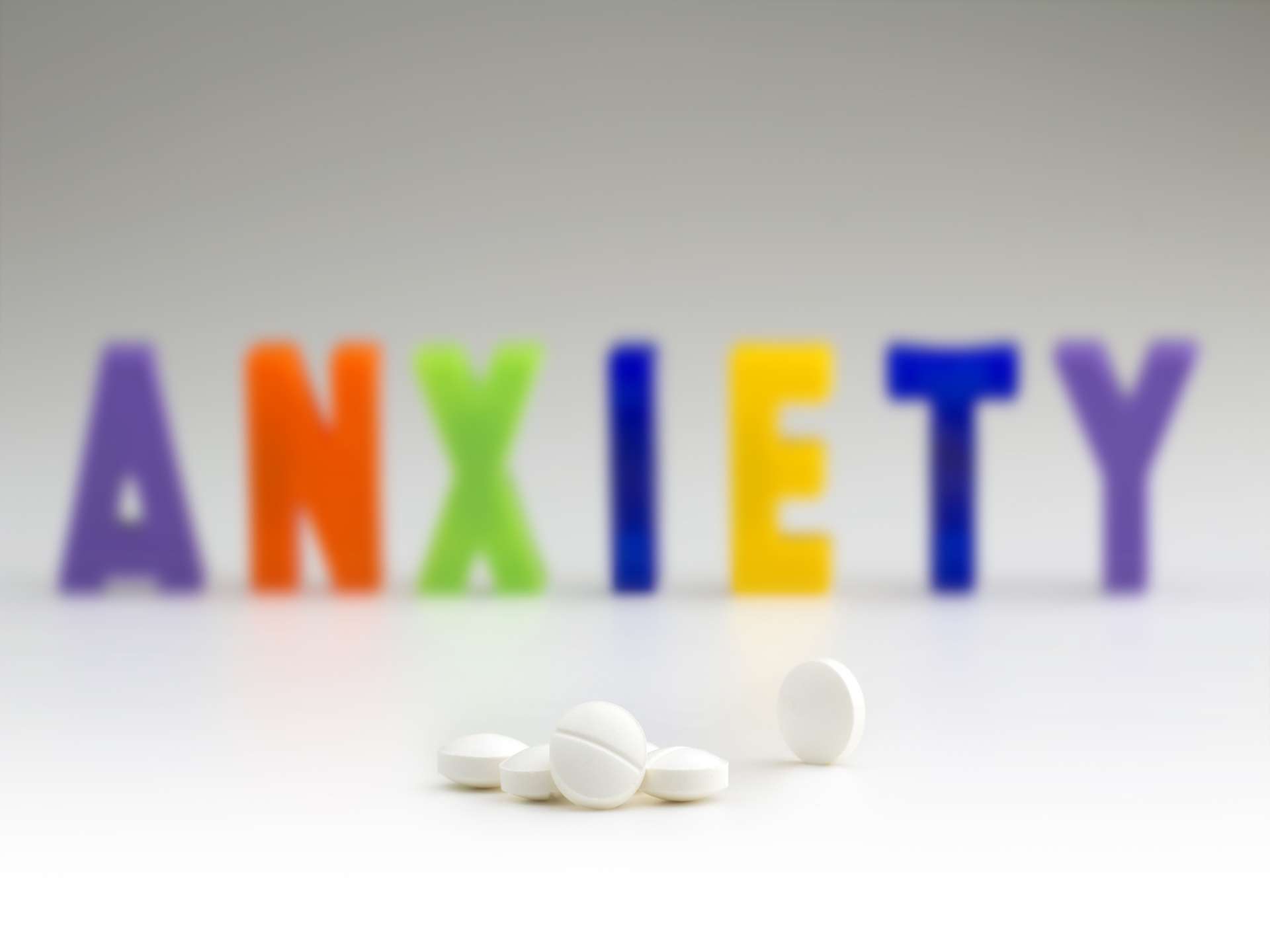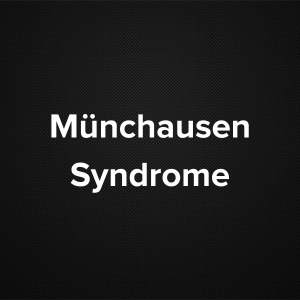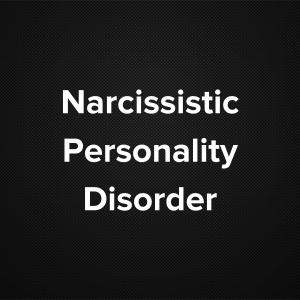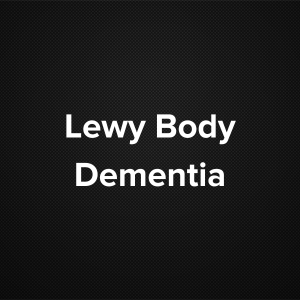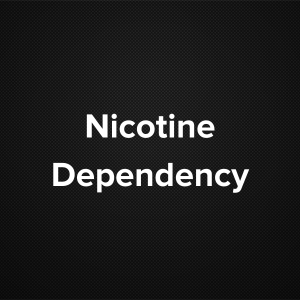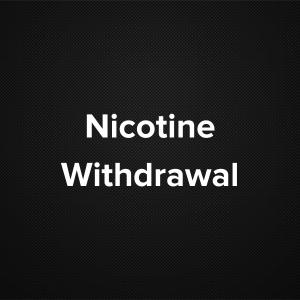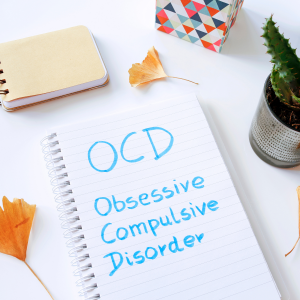Emotions, as we know, can play havoc in our lives if they are allowed to go unchecked. Here’s some more bad news: emotions can also make you fat.
Yes, it is a condition called ‘Emotional Eating’ or comfort eating, where people undergoing mental stress, depression or mood swings, can actually binge on food to help them get over a crisis.
In fact, people who invest a lot of time and hope in diet scan never stick to them because of that perfect foil i.e. ’emotional eating’.
There are physiological and psychological factors that lead to emotional eating.
Demon cortisol
Stress induces the body to produce cortisol which is also referred to as the ‘Stress Hormone’. According to Elizabeth Scott, cortisol then gives intense cravings for sugary and salty foods to maintain the body’s energy reserves. This is why depressed people turn into couch potatoes and binge on chips, colas and a whole lot of appetizing but unwholesome foods.
Coping mechanism
Some of us may be socially inept or have relationship issues. Nobody’s life is picture perfect. Each person, however reacts differently. Rather than grieve or confront what’s bothering them, ’emotional bingers’ seek solace in the nearest sundae or bite their sorrows away by attacking a large pizza n pepperoni. So eating becomes a means through which some of the pain can be numbed or escaped from. Though eating your way through a crisis may be seem better than drinking oneself to death, there is unhealthy weight gain and a severe strain on the digestive system.
Social norms
When your best pal gives you a ‘patient ear’ about how things went wrong between you and your ex, chances are that you are both doing this while most tucking away a large container of ice cream. And if you observe keenly,the size of the food item being consumed is generally directly proportional to the sorrow being tackled with. Most times the emotional eater cannot resist the urge to eat just because food is available. Sometimes there may not be any particular emotional stimulus to trigger food pangs. It could be a pattern formed from previous binges or certain associations that are irresistible like free flow of potato chips while watching your favourite western or football match.
Ultimately, you can blame your emotions all you want for your obesity or unhealthy food habits, but one thing for sure is that you will have to deal with them eventually.
The best thing to do is to develop mental hygiene by understanding and dealing with your emotions right away.
